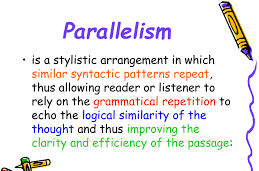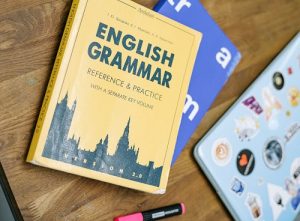Conditionals in English Grammar
What are conditionals in English grammar? Also what are conditional sentences in English Grammar and Speech? These are sometimes called the ‘if clauses’. They show the result of something or some condition that might happen or be fulfilled (in the present or future) or could have happened but didn’t (in the past) because of the time gone. Their structural making up is based on usage of different English verb tenses.
Conditionals are sentences containing a condition and a consequence or result. All conditionals or conditional sentences contain a dependent clause and an independent clause. The dependent clause usually begins with if; it expresses a condition. The independent clause expresses a result of the condition. The if-clause is usually first, but the order of the clauses is usually not important. Thus, these two sentences have basically the same meaning:
If she goes to the store, she will buy ice cream.
She will buy ice cream if she goes to the store.

Conditionals have two parts: the If-Clause and the Main Clause:
In the sentence: ‘ If you leave now, you will catch the train ‘,
‘If you leave now’ is the If- Clause,
&
‘you will catch the train.’ is the Main Clause.
There are three kinds of conditional sentence: each kind contains a different pair of tenses.
PROBABLE CONDITIONALS
The verb in the If-Clause is in the present tense; the verb in the Main Clause is in the future tense:
If we play well, we’ll win.
This type of sentence implies that it is quite probable that the action in the If- Clause will be performed.
IMPROBABLE CONDITIONALS
The verb in the If-Clause is in the simple past tense; the verb in the Main Clause is in the conditional tense:
If she cycled to work, she would feel better.
There is no difference in time between the first and the second type of conditional sentence. The second, like the first, refers to the present or future, and the past tense in its If-Clause is not a true past tense but a subjunctive, which indicates improbability or unreality.
Type 2 is used:
* to talk about an unlikely event in the present or future
If I had more time, I would go to the club with you.
* to talk about an imaginary event
If I were rich, I would live in Paris.
* to give advice
If I were you, I’d call the doctor.
IMPOSSIBLE CONDITIONALS
The verb in the If-Clause is in the past perfect tense; the verb in the Main Clause is in the perfect conditional:
If he had seen you he would have helped you.
Here we know that the condition cannot be fulfilled because the sentence refers only to past events.





I find this website very useful it helps alot in gaining English grammar related knowledge
Overall interface of website is inspiring
And user friendly
I find this website very useful it helps alot in gaining English grammar related knowledge
Overall interface of website is inspiring
And user friendly.. i will assist this website if i have any query related to English grammar.
I find this website very useful. It makes us understand everything easily.
It helps me a lot for learning conditions and its types
Thank you for your such wonderful post
Ewriter29 is a very good website to kearn especially for students of every age.It helps me a lot while studying .It is a good tool for online studies